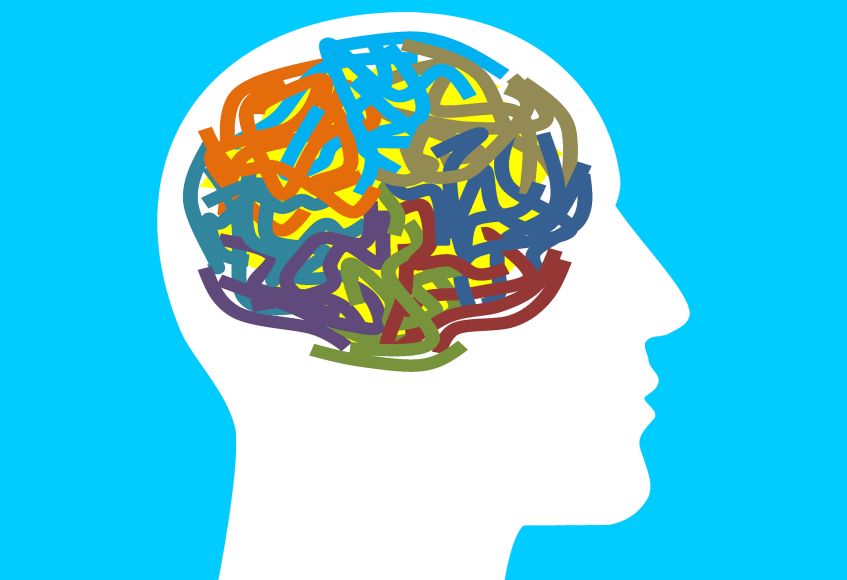Staying In This Weekend: How to look after your mental health in isolation

This weekend and many going forward, is going to feel quite unlike any other for a large majority of us around the world due to Covid-19. In our usual What’s On Weekly blog, we like to give you a round up of the best ways to spend your weekend in London. With circumstances a little different now, we’re going to give you ideas over the coming weeks of how you can be using your time at home, as we all practice isolation.
This week we’ll be focusing on how we can protect our mental health during the lockdown period that has been implemented across the country and beyond.
An extended period of social distancing from family, friends and loved ones can be particularly hard on your mental health. The idea of being indoors for such a long time can often make people feel very uncomfortable just at the thought, so it’s important find coping mechanisms that any one can use, whether you’re living alone, as a couple of with family.
Routine
With so much time spent at home, it can be very easy to slip out of your normal habits. If you were used to grabbing a coffee from the local shop, cycling to work or commuting with your favourite podcast playing, those holes in your life will begin to make an impact on your day without you even realizing. You might start to feel low and with time, time in isolation may become a struggle. Though you might not be able to do those regular activities in the current circumstances, now is the time to create some new daily rituals which you can replace them with. This could be setting aside 20 minutes when you wake up to do some reading or doing a workout video – but make sure you find the time to do things for yourself that will give you a sense of routine.
Set Goals
Try not to sit and watch television all day. And try not to have the news playing on repeat in the background. Not only will it start to get boring very quickly, but it will also stop you from being able to disconnect from the world outside and will cause anxiety and distress. Instead, try to plan activities that you can do throughout the day that you can focus your attention on. Writing a list of all the jobs you want to get done around the house that you couldn’t get round to is a great place to start. You could also research some new recipes to try, learn a new skill or language and even start a new exercise regime. A tangible activity that you can continue once Coronavirus subsides will certainly help with motivation.
Eat Well
Just as it is easy to sit and watch television, it’s also easy to slip into bad eating habits. But at times when making sure your immune system is working at its best, eating well and healthily is fundamental and it also has a knock on effect on your mental wellbeing. Try to aim to have balanced meals every day and avoid excessive snacking – especially if you’re not moving as much as you might be used to. If you’re unable to leave home and don’t have someone you know that can do your shopping for you, you can always sign up for home deliveries from your local supermarket or get in touch with your local community support group who can help with your shopping.
Stay In Touch
This will be a tough time for everyone who is either living alone or separated from family, so it’s important to make sure you stay in touch with as many people as possible. Today, it has never been easier to get in touch with someone, no matter where in the world they are because of the internet. Make a point of scheduling phone calls or facetime catch ups on a daily or weekly basis with those important to you and this will really help to lift your spirits if you start to feel low. If you’re having a particular bad day and anxiety is getting all too much, you would be surprised how pleasant a distraction a nice chinwag with a friend can be. If you feel like you don’t have anyone you can call, try emotional support lines like the Samaritans and SANEline.
Take A Break From Social Media
With the whole world only discussing one topic at the moment, it can be very easy to get sucked into a negative vortex of rumours that you see on social media platforms which can only exacerbate your anxiety. Try not to get drawn into a negative spiral by taking a step back from social media and only checking in with once or twice a day. It’s important to make sure you are relying on credible news sources like the WHO website and not feeding your mind with scare-mongering headlines appearing everywhere. It goes without saying that also checking in with the news every hour will also not be good for your mental health, so try to check in once a day.
If you are struggling with your mental health at this time there are numerous resources your can find online that might be able to help including hotlines:
https://www.mentalhealth.org.uk/
https://www.anxietyuk.org.uk/
https://www.mind.org.uk/
Photo Credit: Timusu




